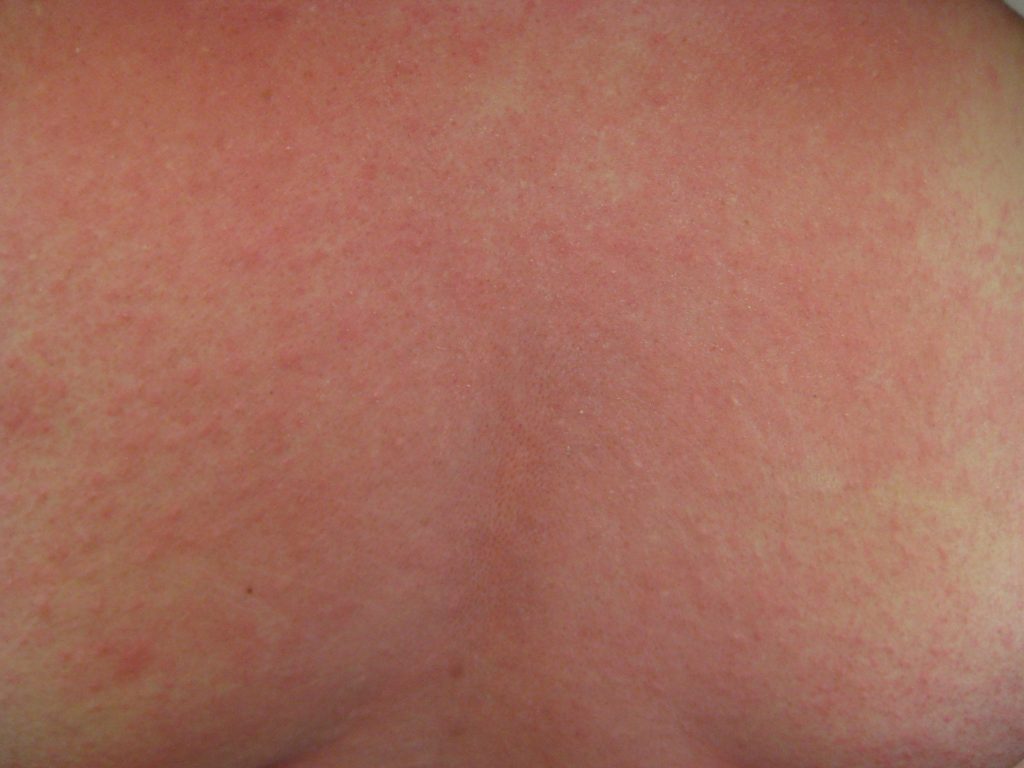What is an allergy?
An allergy is a immune response by the body to a substance, especially a particular food, pollen, fur, or dust, to which it has become hypersensitive.
What foods cause allergic reactions?
Everyone is different and therefore have reactions to different things and foods. A person may develop a reaction after they have eaten the food however, some children grow out of their allergy.
What are the symptoms to look for?
Symptoms can range depending on the person and how much of the food they have eaten. Some serious reactions can include instant coughing and choking, swelling of the hands or face and a spread of redness across the skin. Reactions might include sneezing, coughing, itchiness to various parts such as nose, face, ears, eyes or throat, shortness of breath or wheezing, and sinus problems.
Who is most likely to have an allergy?
Your chances are increased if your immediate family members have a history of asthma, eczema, hayfever etc. It is not however, guaranteed this predisposition will have been inherited.
What can you do about a suspected allergy?
If you have a serious allergic reaction to certain foods you will be issued with an emergency treatment to carry with you. An Epi-Pen for example, is used to alleviate the worst symptoms. It is self-administered and gives you time to seek medical help. You should avoid the food completely.
How can it be managed in childcare settings?
- Having agreed procedures and paperwork in place of which all staff are trained is vital
- Reducing exposure, e.g. children with asthma should not sit near an open window in the summer, temperature of the environment is key for children with eczema.
- As there is a strong genetic link, it is useful to ask parents in your paperwork if they have an allergy or have had one in the past.
- When cooking with children, always opt for ingredients which don’t contain the common allergens, e.g. bake with gluten free flour, use seeds instead of nuts in recipes.
- For snack time – low allergenic foods can be offered including fruit, wheat free snacks, e.g. oatcakes, seeds, vegetables and hummus.

